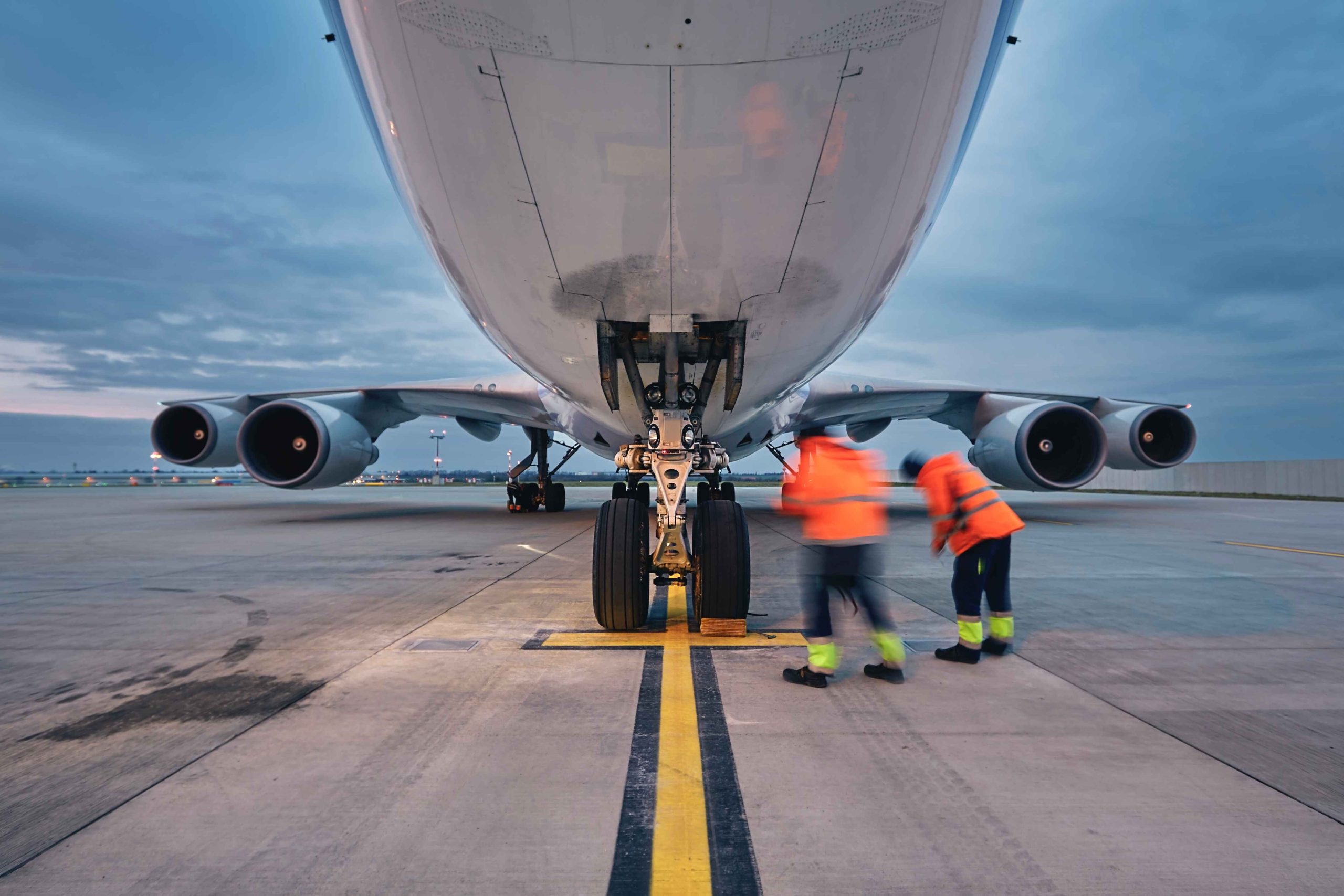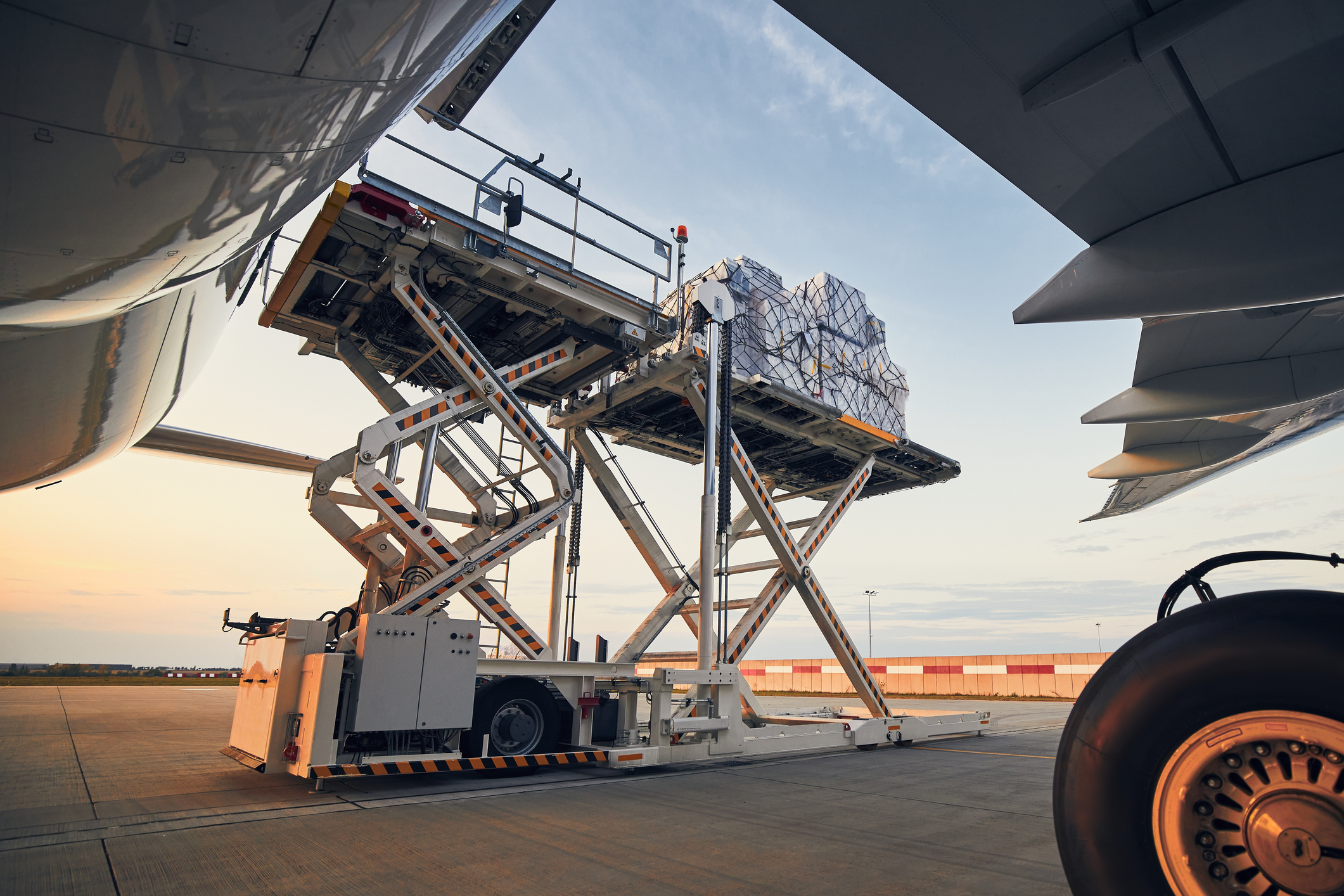Analyzing the Influence of Political Elements on Air Cargo Export
The global air cargo industry is intricately connected to the political landscapes of countries it operates within. Governments worldwide have the power to create or modify policies that can either bolster or hinder the operations of air cargo exports. For instance, political decisions relating to trade agreements can significantly impact the air cargo industry. When two countries enter into a free trade agreement, the air cargo export industry often witnesses a surge in activity due to the reduction or elimination of tariffs. Conversely, if political relations sour and trade wars ensue, it can result in increased tariffs and restrictions, thus burdening the air cargo export industry.
Another political factor impacting air cargo exports pertains to aviation policies and regulations. Governments and international bodies regulate the aviation industry, affecting everything from flight paths and timings to safety regulations and environmental policies. For example, stringent security measures and procedures imposed by authorities can lead to delays and increased costs in air cargo exports. Similarly, environmental regulations centered on reducing aviation’s carbon footprint can influence the choice of aircraft, fuel efficiency measures, and ultimately, the cost and efficiency of air cargo exports.
Unpacking the Impact of Policy Changes on Air Cargo Industry
When it comes to policy changes, their impact on the air cargo industry can be both direct and indirect. Direct impacts often occur when changes are made to policies specifically governing the air cargo industry. For instance, alterations in customs regulations can affect the speed at which goods are processed and cleared, thereby influencing the overall efficiency of air cargo exports.
Indirect policy changes, on the other hand, are those that affect the air cargo export industry despite not being directly related to it. For instance, changes in immigration policies can affect the availability of skilled labor in the air cargo industry. Moreover, modifications in foreign policies can lead to the emergence of new markets or the decline of established ones, thus influencing the direction and volume of air cargo exports.
Further, policy changes can also lead to shifts in the competitive landscape of the air cargo industry. For instance, if a government decides to privatize airports, it could result in increased competition among cargo service providers, potentially driving down prices and improving service quality. Conversely, if a government decides to increase subsidies for national airlines, it could disadvantage foreign competitors, thereby skewing the market dynamics.
In conclusion, political factors wield a significant influence on the air cargo export industry. The policies enacted by governments and international bodies can create both opportunities and challenges for the industry. Given the industry’s global nature and its crucial role in facilitating international trade, understanding these political influences is essential for stakeholders to navigate this complex landscape successfully. As the political climate continues to evolve, so too will its impact on the air cargo export industry, necessitating constant vigilance and adaptability for those operating within it.




